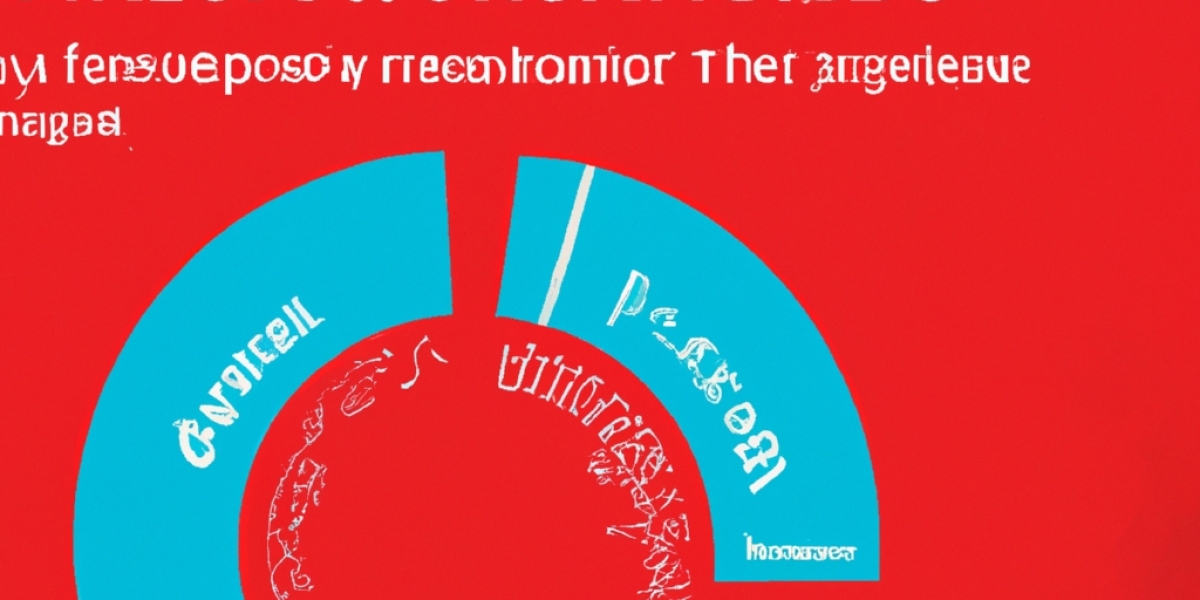1. Greetings and Politeness
- Hello – 你好 (Nǐ hǎo)
- Thank you – 谢谢 (Xièxiè)
- You’re welcome – 不客气 (Bù kèqì)
- Please – 请 (Qǐng)
- Excuse me / Sorry – 对不起 (Duìbuqǐ)
- Goodbye – 再见 (Zàijiàn)
2. Getting Around
- Where is…? – …在哪儿? (… zài nǎr?)
- Example: Where is the metro? 地铁在哪儿? (Dìtiě zài nǎr?)
- I want to go to… – 我要去… (Wǒ yào qù…)
- Example: I want to go to the airport 我要去机场 (Wǒ yào qù jīchǎng)
- How much is it? – 多少钱? (Duōshǎo qián?)
- Can you help me? – 你可以帮我吗? (Nǐ kěyǐ bāng wǒ ma?)
- Left – 左 (Zuǒ)
- Right – 右 (Yòu)
- Straight ahead – 一直走 (Yìzhí zǒu)
3. At Restaurants and Cafés
- I want to order… – 我要点… (Wǒ yào diǎn…)
- Vegetarian – 素食 (Sùshí)
- No spicy food – 不要辣 (Bù yào là)
- Water – 水 (Shuǐ)
- Bill, please – 买单 (Mǎidān)
4. Shopping and Bargaining
- Too expensive – 太贵了 (Tài guì le)
- Can it be cheaper? – 可以便宜点吗? (Kěyǐ piányí diǎn ma?)
- I don’t want it – 我不要 (Wǒ bù yào)
- I’ll buy it – 我买 (Wǒ mǎi)
5. Emergencies
- Help! – 救命! (Jiùmìng!)
- I’m lost – 我迷路了 (Wǒ mílù le)
- Call the police – 报警 (Bàojǐng)
- I’m not feeling well – 我不舒服 (Wǒ bù shūfú)
- I need a doctor – 我需要医生 (Wǒ xūyào yīshēng)
6. Everyday Phrases
- Yes – 是 (Shì)
- No – 不是 (Bù shì)
- I don’t understand – 我不懂 (Wǒ bù dǒng)
- Can you speak English? – 你会说英语吗? (Nǐ huì shuō yīngyǔ ma?)
- What does this mean? – 这是什么意思? (Zhè shì shénme yìsi?)
7. Tech and Transportation Phrases
- Wi-Fi – 无线网络 (Wúxiàn wǎngluò)
- I need a taxi – 我需要打车 (Wǒ xūyào dǎchē)
- Scan QR code – 扫二维码 (Sǎo èrwéimǎ)
- Where is the nearest metro station? – 最近的地铁站在哪里? (Zuìjìn de dìtiě zhàn zài nǎlǐ?)
8. Cultural Etiquette Tips
- Business Card Exchange: Always offer and receive business cards with both hands.
- Respect for Elders: When greeting or interacting with elders, show extra politeness and respect.
- Avoid Sensitive Topics: Be cautious when discussing politics or sensitive cultural matters.
9. Meeting New People
- What is your name? – 你叫什么名字? (Nǐ jiào shénme míngzì?)
- My name is… – 我叫… (Wǒ jiào…)
- Nice to meet you – 很高兴认识你 (Hěn gāoxìng rènshí nǐ)
- Where are you from? – 你从哪里来? (Nǐ cóng nǎlǐ lái?)
- I’m from… – 我来自… (Wǒ láizì…)
- How long have you been in China? – 你来中国多久了? (Nǐ lái zhōngguó duōjiǔ le?)
10. At the Hotel
- I have a reservation – 我有预定 (Wǒ yǒu yùdìng)
- What time is check-out? – 退房时间是几点? (Tuìfáng shíjiān shì jǐ diǎn?)
- Can I have extra towels? – 可以多要几条毛巾吗? (Kěyǐ duō yào jǐ tiáo máojīn ma?)
- Can I get room service? – 可以叫客房服务吗? (Kěyǐ jiào kèfáng fúwù ma?)
- Where is the breakfast area? – 早餐厅在哪里? (Zǎocān tīng zài nǎlǐ?)
11. Medical Emergencies
- I need to go to the hospital – 我需要去医院 (Wǒ xūyào qù yīyuàn)
- It’s an emergency – 这是紧急情况 (Zhè shì jǐnjí qíngkuàng)
- I feel sick – 我觉得不舒服 (Wǒ juéde bù shūfú)
- I need medicine – 我需要药 (Wǒ xūyào yào)
- Is there a pharmacy nearby? – 附近有药店吗? (Fùjìn yǒu yàodiàn ma?)
- I have a fever – 我发烧了 (Wǒ fāshāo le)
12. Transportation Phrases
- Can I buy a train ticket? – 我可以买火车票吗? (Wǒ kěyǐ mǎi huǒchē piào ma?)
- Is this the bus to…? – 这是去…的公交车吗? (Zhè shì qù… de gōngjiāo chē ma?)
- How long does it take to get to…? – 去…要多长时间? (Qù… yào duō cháng shíjiān?)
- Where is the taxi stand? – 出租车站在哪里? (Chūzūchē zhàn zài nǎlǐ?)
- Can I use Alipay or WeChat to pay? – 可以用支付宝或者微信支付吗? (Kěyǐ yòng Zhīfùbǎo huòzhě Wēixìn zhīfù ma?)
13. Dining Etiquette
- I’d like to make a reservation – 我想订位 (Wǒ xiǎng dìng wèi)
- Do you have vegetarian options? – 你们有素食选项吗? (Nǐmen yǒu sùshí xuǎnxiàng ma?)
- Is this halal? – 这是清真的吗? (Zhè shì qīngzhēn de ma?)
- Can I have the menu? – 可以给我菜单吗? (Kěyǐ gěi wǒ càidān ma?)
- This is delicious! – 这个很好吃! (Zhège hěn hǎochī!)
14. Technology and Payment Phrases
- Scan QR code to pay – 扫二维码付款 (Sǎo èrwéimǎ fùkuǎn)
- I don’t have cash – 我没有现金 (Wǒ méiyǒu xiànjīn)
- Can I use WeChat Pay/Alipay? – 可以用微信支付/支付宝吗? (Kěyǐ yòng Wēixìn zhīfù/Zhīfùbǎo ma?)
- I need a receipt – 我需要发票 (Wǒ xūyào fāpiào)
- What’s the Wi-Fi password? – Wi-Fi密码是什么? (Wi-Fi mìmǎ shì shénme?)
15. Learning Chinese Etiquette and Cultural Sensitivity
- Gifting: When giving or receiving gifts, use both hands as a sign of respect. Avoid giving clocks, as they are considered unlucky.
- Be Patient: Patience is key, especially when dealing with bureaucracy or queuing up in public places.
- Respect Personal Space: In crowded areas, personal space may be limited, so try to stay calm and patient in such situations.
16. Building Connections
- I enjoy being here – 我喜欢这里 (Wǒ xǐhuān zhèlǐ)
- Do you have WeChat? – 你有微信吗? (Nǐ yǒu Wēixìn ma?)
- Let’s stay in touch – 保持联系 (Bǎochí liánxì)
- Would you like to have lunch together? – 我们一起吃午饭好吗? (Wǒmen yīqǐ chī wǔfàn hǎo ma?)
- How do you say this in Chinese? – 这个用中文怎么说? (Zhège yòng zhōngwén zěnme shuō?)
Final Thoughts:
Learning a new language takes time, but starting with these essential phrases will give you the confidence to navigate life in China. Whether you’re ordering food, asking for directions, or building new connections, even a basic understanding of Mandarin can greatly enhance your experience. At Hafrik, we encourage our users to immerse themselves in the local culture, and language is one of the best ways to begin.
By mastering these key Chinese phrases, you’ll be able to handle everyday situations with ease, whether you’re living in China or planning a visit. Hafrik is here to support you, offering not just language tips but a community and resources to help you thrive.
For more practical advice and city-specific guides, explore the City Guide section of the Hafrik app—your go-to resource for making the most of your journey in China!









Macino Godwin 19 w
This really helped
Thank you hafrik